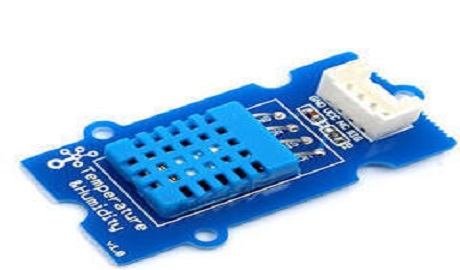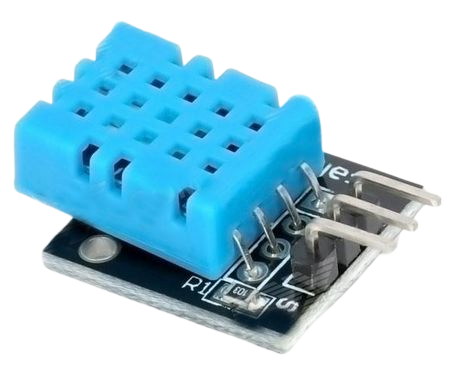Humidity control is a pivotal factor in achieving optimal home comfort. As technology continues to evolve, homeowners are presented with innovative solutions to enhance their living spaces. One such advancement that stands out is the integration of humidity sensors in home systems. In this comprehensive guide, we’ll delve into the significance of humidity sensors, how they contribute to a comfortable home environment, and why you should consider incorporating them into your abode.
Contents
Understanding the Basics: What Are Humidity Sensors?
Humidity Sensors Demystified
Humidity sensors, also known as hygrometers, are electronic devices designed to measure the moisture content in the air. These sensors detect changes in humidity levels, providing valuable data for maintaining an optimal indoor environment. Whether you’re a homeowner or a business owner, understanding the mechanics of these sensors can empower you to make informed decisions about your indoor spaces.

Importance of Humidity Control in Homes
The Impact of Humidity on Comfort
Maintaining the right humidity levels in your home is crucial for various reasons. Comfort is at the forefront of these considerations. Humidity sensors play a pivotal role in ensuring that your living spaces are neither too dry nor too damp, contributing to a cozy and inviting atmosphere.
Health and Well-being
Beyond comfort, health is a significant factor affected by humidity. Inadequate humidity levels can lead to respiratory issues, dry skin, and other health concerns. On the flip side, excessive humidity creates a breeding ground for mold and allergens, posing risks to both physical health and the structural integrity of your home.
Installing Humidity Sensors: A Smart Home Investment
Transforming Your Home with Smart Technology
In the era of smart homes, humidity sensors stand out as an essential component. Integrating these sensors into your home automation system allows for seamless control and monitoring of humidity levels. This not only enhances your comfort but also contributes to energy efficiency by optimizing heating, ventilation, and air conditioning (HVAC) systems.
Energy Efficiency Benefits
Humidity sensors, when integrated into HVAC systems, can lead to significant energy savings. By fine-tuning the operation of your heating and cooling systems based on real-time humidity data, you can achieve precise climate control, preventing unnecessary energy consumption.
Choosing the Right Humidity Sensor for Your Home
Selecting the ideal humidity sensor for your home involves considering factors such as accuracy, ease of integration, and compatibility with your existing smart home ecosystem. There are various types of humidity sensors available, including resistive, capacitive, and thermal-based sensors. Each has its own set of advantages, and understanding these differences will help you make an informed decision.
Installation and Calibration
Once you’ve chosen the right humidity sensor for your needs, proper installation and calibration are crucial. Follow manufacturer guidelines to ensure accurate readings and optimal performance. Calibration ensures that your sensor provides precise data, allowing you to make informed decisions about adjusting your home’s humidity levels.
Troubleshooting and Maintenance Tips
Ensuring Longevity and Accuracy
To maximize the benefits of humidity sensors, regular maintenance is essential. Keep the sensors clean from dust and debris, and promptly address any malfunctions. Understanding common issues, such as sensor drift or calibration issues, empowers you to troubleshoot effectively and maintain a comfortable and healthy home environment.
Conclusion
Mastering home comfort through the power of humidity sensors is not just a technological advancement; it’s a strategic investment in your well-being. From enhancing comfort to promoting health and energy efficiency, these sensors play a pivotal role in creating a harmonious living space. As you embark on the journey of transforming your home into a smart, comfortable haven, consider the profound impact that humidity sensors can have on your daily life.



